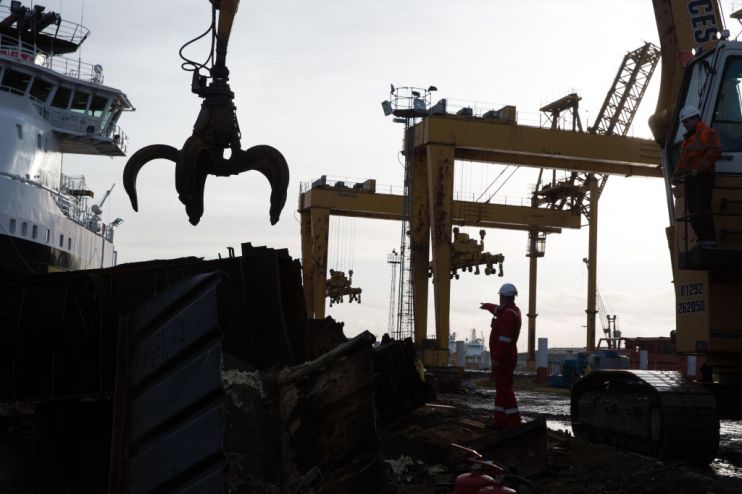North Sea Oil won’t save us from the energy crisis if we don’t invest in renewables

The UK has a fundamental problem with its energy supply: gas. For as long as we’re tied to the global gas market, the successful greening of our economy by 2050 – and the economic benefits and lower prices it brings – is not much more than a pipe dream.
Our reliance on foreign gas –and vulnerability to the peaks and troughs of global prices – has become more evident than ever. Similarly, Russia’s role in international gas supply is, of course, under increased scrutiny given its power as political leverage over Western nations. There is little prospect of the existing disruption to wholesale gas prices settling down in 2022.
There are those who argue that doubling down on North Sea gas is the only way to combat the current energy bills crisis, and that renewable energy and our net zero targets are to blame for rising bills. They could not be more wrong.
The green economy is the solution to our problems, not the cause of it. Cutting our demand for gas through energy efficiency and ultimately getting ourselves off gas completely means reducing our exposure to global markets, our carbon emissions, and our energy bills.
The UK has a bold target of achieving zero net carbon emissions by 2050 and we will only achieve this by rapidly adopting cleaner technologies at home and at work, technologies such as high efficiency heat pumps in place of gas boilers and swapping petrol and diesel vehicles for electric alternatives. This electrification and greening of our national power reliance will also, step by step, reduce the leverage held by foreign nations who currently sell us gas.
Our domestic politics can also set back progress with very tangible effects. In 2014, David Cameron found himself at the centre of a political storm for reportedly telling staff to “get rid of the green crap”. He reduced energy bills by about £40 per customer – an understandably welcome move for voters at the time. But at a huge cost long term, with millions of homes missing out on upgraded loft, cavity and solid wall insulation. Now, many households are paying far more for their energy needs – around at least £250 a year – and far more for those living in the leakiest of homes.
At the time, the energy industry was delivering around 60,000 insulation measures to customers and their homes every month. In the rush to reduce these costs, the number of installs fell by almost half: meaning 30,000 homes every month for six years missed out. To meet our 2050 goals, we need to be delivering about 30,000 properties a week.
I welcome recent government announcements to increase investment in such schemes but, in truth, we must stamp our foot on the accelerator to help millions of people to have cheaper energy bills.
Longer term, people must be able to replace their gas boilers with cleaner and more efficient technology that runs on renewable electricity. Driving more investment into this will lower the price of the initial decision, and longer term, people will have lower energy bills, less reliant on international politics.
There have been significant efforts to bring in a £5,000 grant for homeowners and landlords to replace fossil fuel heating systems. We welcome that and we are already installing hundreds of heat pumps for customers around the country.
But the steps that consumers take can often be disruptive, and can take a long time to become the mainstream choice.
Policymakers and the energy industry need to accelerate the process by making bigger and more impactful decisions now. The first of those is by helping the UK become less reliant on gas by ramping up energy efficiency investment and fully delivering on the 2019 Manifesto promise.